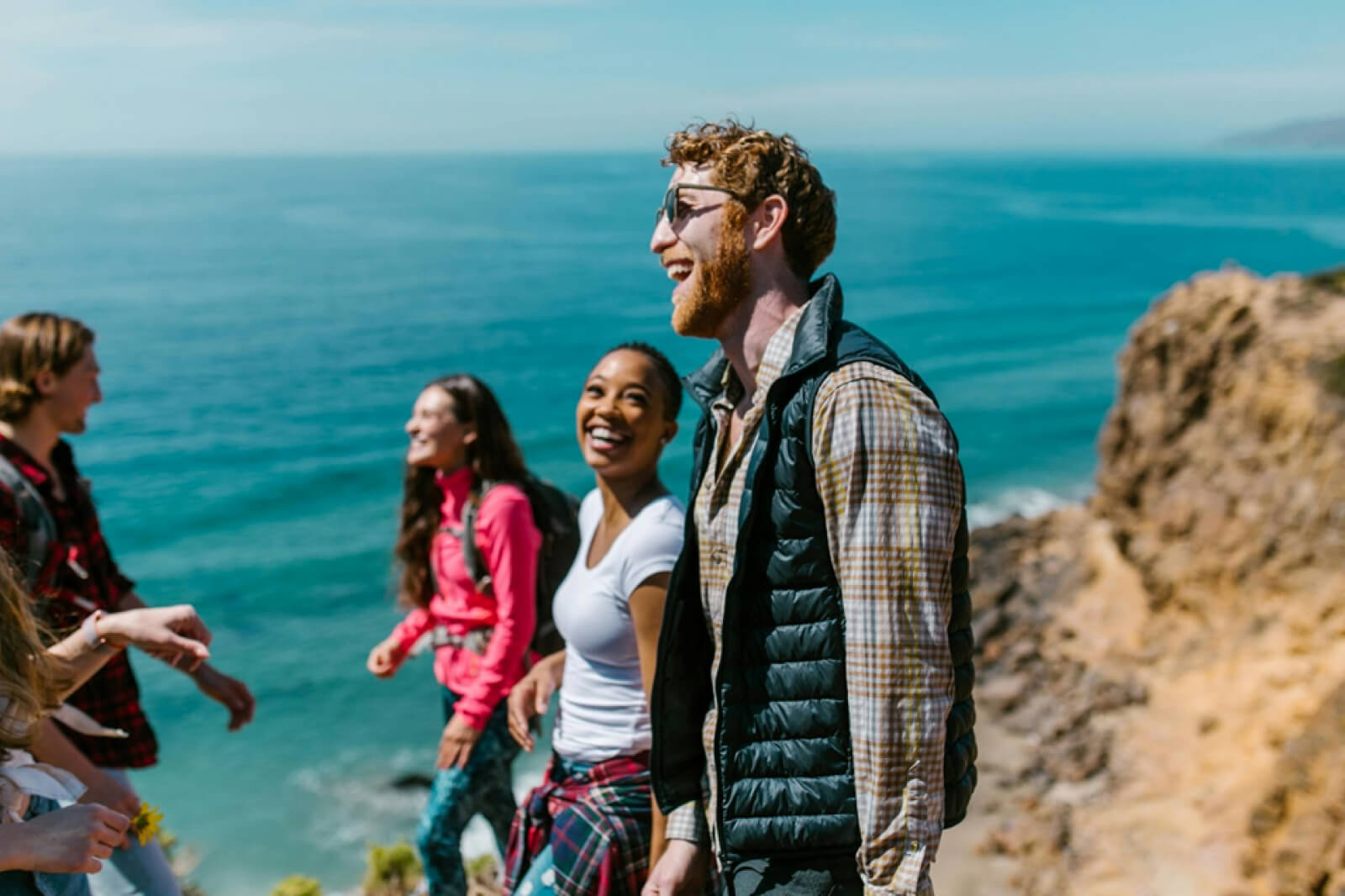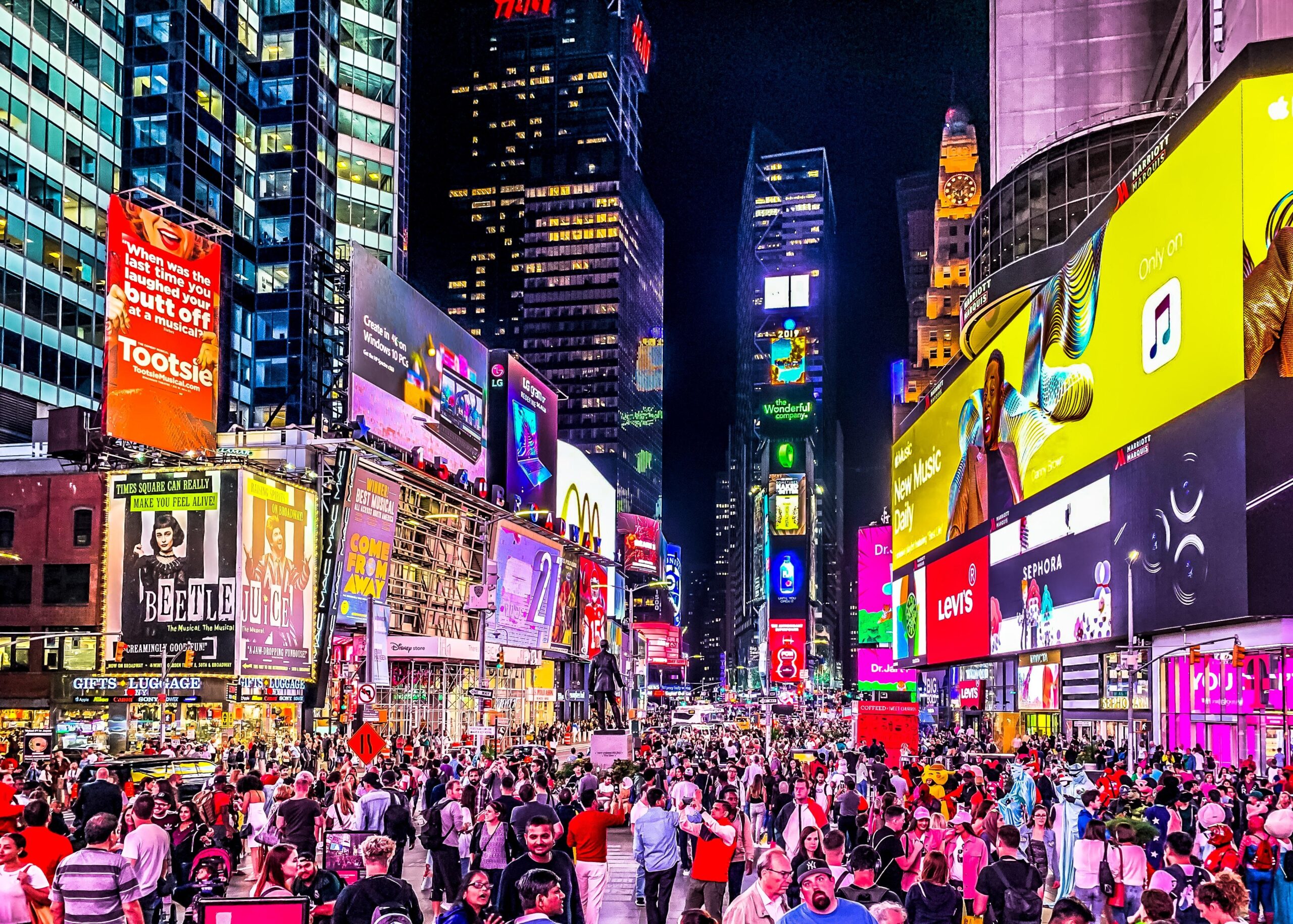
Forget Paris – Here’s Where Gen Z’s Traveling

This article includes affiliate links. We may earn a commission if you make a purchase, with no extra cost to you.
There’s a rhythm to travel these days — the zip of a suitcase, the soft click of e-tickets loading on mobile screens, sneakers hitting the cobblestones in a nation thousands of miles from home. There’s the murmur of foreign languages as twenty-somethings wander down lanes and alleyways that never made the guidebooks.
Gen Z is reshaping how, where, and why we explore the world. Forget the tourist clichés and predictable Instagram geotags. This generation is building itineraries around sustainability, experience, spontaneity, and self-discovery.
They’re swapping long-haul flights for scenic train rides, traditional resorts for affordable co-living spaces, and picture-perfect beaches for protest sites, artist residencies, and café-lined creative hubs.
While travel once mirrored aspiration, for Gen Z, it’s about aligning their values with their identity. Even rebellion. And nowhere is this more obvious than in the destinations they’re choosing and how they’re getting there.
The Rise Of Train Travel
Train travel is having a renaissance, and Gen Z is at the center of it. Rail passes, sleeper trains and regional routes are booming, driven by this generation’s commitment to reducing their carbon footprint and their love of slow travel.
Unlike their millennial predecessors, Gen Z isn’t as interested in jet-setting from city to city in a blur of airport layovers and Airbnb check-ins. They want to feel the landscape shift. To savor a local coffee as the mountains blur past. To show up in the culture, not just gawping at it.
In Europe, the return of The Nightjet (operated by ÖBB) and the launch of new routes like Midnight Trains from Paris have helped normalize overnight journeys across the continent. Interrail and Eurail passes remain popular, especially among students and first-time solo travelers.
For booking, many turn to Trainline for seamless cross-border European itineraries or Omio for a mix of rail, bus, and budget flight options.
Even in the U.S., where train travel has long lagged behind, Amtrak‘s scenic routes like the Coast Starlight and California Zephyr are seeing renewed interest, thanks to TikTok travel diaries and a nostalgia for analog journeys.
Be An Urban Nomad
Forget Paris and London. Gen Z’s passports are filling up with the stamps of less-hyped but deeply engaging cities. Lisbon, Belgrade, Tbilisi, Naples, and Seoul are high on the radar because they’re budget-friendly and are super authentic.
They’re urban enough to offer café culture and nightlife, yet still rough around the edges, preserving the creative energy that’s often subdued by over-tourism. Tbilisi, for example, has emerged as a post-Soviet bohemian haven to underground clubs, art residencies, and affordable long-stay living.
Naples, long dismissed in favor of Rome or Milan, is becoming a favorite for its sumptuous local food and proximity to Pompeii and the Amalfi Coast. And Seoul continues to dominate the digital wanderlust space with its thriving youth culture, wellness cafés, fashion-forward districts, and K-culture pull. Even rural towns aren’t off the table.
In places like Spain, France, and Italy, small towns are seeing a surge in digital nomads and backpackers who want to slow down, connect with locals, and explore parts of Europe not plastered across every travel blog.
Community Over Convenience
Gen Z is wary of surface-level experiences. Rather than ticking off landmarks, they’re asking: who will I meet there? What will I learn? They’re building travel around community and connection.
This generation is signing up for work-exchange programs like Workaway, volunteering with environmental groups, and staying in co-living spaces like Socialtel or Outsite that combine work, rest, and social connection.
They’re also finding inspiration from apps like Couchsurfing and even Bumble BFF, forming platonic relationships with locals or other travelers before arriving. Online forums like Reddit’s r/solotravel and niche Facebook groups help them crowdsource honest recommendations and avoid tourist traps.
Instead of staying in generic hostels or hotels, they might rent a room in a local artist’s home or take a pottery class in a village school. There are language exchange nights at a dive bar in Warsaw! These moments matter more than polished backdrops.
Mental Health, Identity, And Escape
For many, travel is a form of therapy. Gen Z is grappling with some of the most turbulent economic and social conditions in recent history. So, many use travel to process burnout, reclaim identity, or leave behind overwhelming environments.
Destinations that offer calm, introspection, and nature – like Finland’s Lakelands, Iceland’s geothermal towns, or Japan’s onsens – are super popular among those seeking solitude or healing.
Wellness retreats, yoga camps, and mushroom-foraging weekends have replaced traditional beach vacations. In places like Bali and Chiang Mai, retreat centers now offer trauma-informed spaces, digital detoxes, and even grief retreats.
And these experiences aren’t just for influencers, they’re for 23-year-olds burnt out from those unpaid internships or living at home with no clear roadmap ahead. Backpacking – once a romantic rite of passage for the broke-but-curious – has become a quiet rebellion.
It’s a terrific way to drop out of capitalist hustle culture – if only temporarily – and rediscover what independence, presence, or joy feels like.
Ditch Your Empty Consumption
More than any previous generation, Gen Z is approaching travel with a sense of accountability. They’re asking tougher questions. Who owns this hotel? Does this tour operator exploit animals? Is this destination being gentrified into oblivion?
In response, Gen Z travelers are flocking to businesses with a conscience. They support Black-owned cafés in Amsterdam, indigenous-led ecotours in Colombia, and LGBTQ+-run guesthouses in Mexico City.
They skip animal rides or captive marine parks in favor of conservation-focused excursions like whale watching or forest regeneration hikes. Travel is no longer apolitical; it’s about cultural participation. And Gen Z’s there for it.
What This Means For The Future Of Travel
Gen Z’s travel habits are less about chasing luxury and more about finding meaning. They’re curating their journeys like mixtapes: personal, fluid, sometimes messy, but always real. This group is also more likely to share an unfiltered vlog from a hostel bunk than a drone shot from a private island.
Travelers will tell you: the best moments aren’t always planned. Sometimes it’s a quiet train ride, no Wi-Fi, just a stranger who shared a crisp apple and an unforgettable story.
From tourism boards to train companies, the message is clear: If you want to speak to this generation, you can’t merely sell destinations. You must offer purpose, flexibility, consciousness, and the pleasure of unpredictability.



